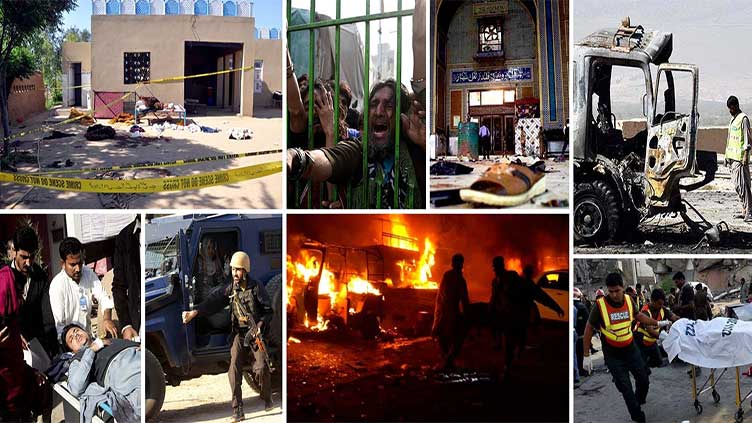By: Watson Gill
In recent weeks, Pakistan has witnessed a troubling escalation of religious extremism, marked by the involvement of law enforcement in extrajudicial killings of individuals accused of blasphemy. Incidents in Quetta, Balochistan, and Umarkot, Sindh, have raised fresh concerns about the deepening impact of religious extremism on the justice system and societal harmony.
A Shift from Mob Violence to Police Involvement:
Historically, mob violence against those accused of blasphemy has been a disturbing reality in Pakistan. Such accusations, often rooted in personal disputes, religious intolerance, or misunderstandings, have led to brutal killings without legal recourse. In many cases, enraged crowds have taken the law into their own hands, with tragic results.
However, a new and alarming trend is emerging: law enforcement officials themselves are becoming directly involved in the violence. Two recent cases illustrate this shift. In Quetta, a police officer fatally shot Abdul Ali, an accused blasphemer, while he was in custody. Meanwhile, in Umarkot, Dr. Shahnawaz was killed in what has been described as a police encounter shortly after his arrest. These incidents suggest that the violent extremism traditionally carried out by mobs has begun to infiltrate state institutions.
Public Response and Hero Worship:
What is equally concerning is the public response to these killings. In both cases, the officers responsible have been celebrated rather than condemned. In Quetta, the victim’s family was reportedly pressured to forgive the policeman involved, who has since been praised by the local community. Similarly, after Dr. Shahnawaz’s death, an enraged mob snatched his body and set it ablaze, while the officers were hailed as heroes. In a troubling twist, these actions have been applauded by officials, including a high-ranking police officer responsible for investigating the cases.
This pattern of hero worship raises broader questions about societal attitudes toward justice and the rule of law. When those tasked with upholding justice are praised for bypassing legal processes, it normalizes violence as a legitimate response to perceived religious offenses. Such actions risk further entrenching a culture in which individuals can be accused, condemned, and executed without due process.
The Normalization of Extremism:
Religious extremism has long been a challenge in Pakistan, but its growing normalization within state institutions is alarming. The recent involvement of law enforcement in religiously motivated killings signals a deepening of this crisis. The very institutions meant to protect the public and ensure justice are, in some cases, now part of the problem.
The consequences of this trend could be far-reaching. While blasphemy accusations are the current focus of this violence, history suggests that unchecked extremism eventually expands its targets. Those who today support or tolerate extrajudicial killings may find themselves at risk as accusations and demands for ideological purity intensify.
The Dangers of Mob Justice:
Extrajudicial killings, whether carried out by mobs or state officials, undermine the very principles of justice. These actions are driven not by a desire for accountability, but by fear and control. The involvement of police in such violence is particularly concerning, as it suggests that radical ideologies are gaining influence within key state institutions.
The cycle of violence this creates is self-perpetuating. As more individuals are killed without trial, fear grows among those who might otherwise challenge or oppose such actions. This silence emboldens extremists and further erodes the rule of law, creating a climate where accusations of blasphemy—or any other perceived offense—can be met with deadly consequences.
The Need for Reform and Accountability:
Addressing this rising tide of extremism will require swift and comprehensive reforms. Law enforcement officials involved in extrajudicial killings must be held accountable, and public trust in the justice system must be restored. At the same time, there is an urgent need for public awareness campaigns to counter the dangerous effects of mob justice and religious extremism.
Pakistan’s leaders, religious scholars, and civil society must work together to denounce such violence and reaffirm the importance of legal processes. Without immediate action, the country risks further descent into a cycle of violence, where justice is replaced by extremism and fear.
The rise of religious extremism poses a grave threat to the very fabric of Pakistani society. As violence continues to escalate, those who are today hailed as heroes for killing the accused are a symptom of a deeper societal malaise. If this extremism is not curbed, it will eventually consume not only its current victims but anyone who dares to challenge its growing influence.
Pakistan now faces a critical choice: to continue down a path of intolerance and extremism or to reaffirm its commitment to justice, law, and human rights. The decisions made today will shape the country’s future—either toward peace and stability or further into the grip of fanaticism.


